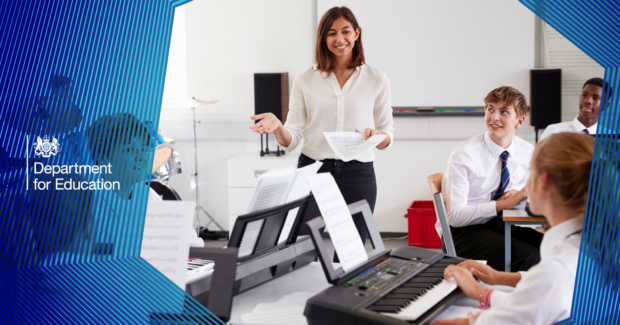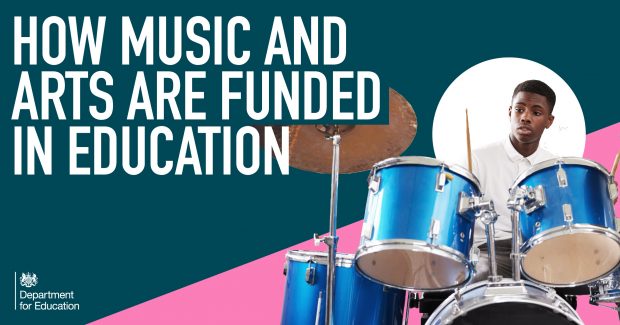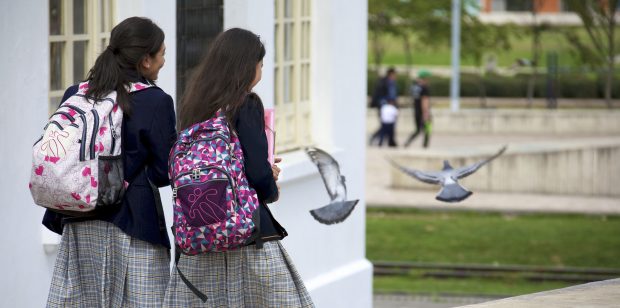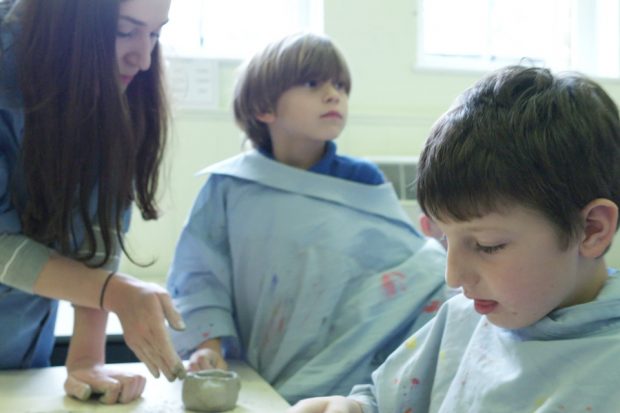Arts
Music is an important part of education, and it has been proven that it plays a key role in children’s cognitive and social development. This is because it helps with the nurturing of language, motor skills, emotional intelligence, and collaboration …
There has been further coverage today (Wednesday 21 July) concerning proposals to reduce funding for arts subjects in higher education in England. It is important to clarify the extent of the proposed changes, which may have been overstated in some …
The 2020 plan sets out our vision for music education in England where children from all backgrounds will have the opportunity to learn a musical instrument or to learn to sing, allowing them to progress to the next level of excellence.
Music, arts and culture play an essential role in enriching pupils’ education, and we want to give as many young people as possible the opportunity to learn an instrument or perform in a choir or a band.
We will have provided £500 million to music and the arts between 2016 and 2020, making it the second highest funded element of the curriculum behind PE. The proportion of young people taking at least one arts GCSE since 2010 has remained broadly stable, with a small increase between 2018 and 2019.




